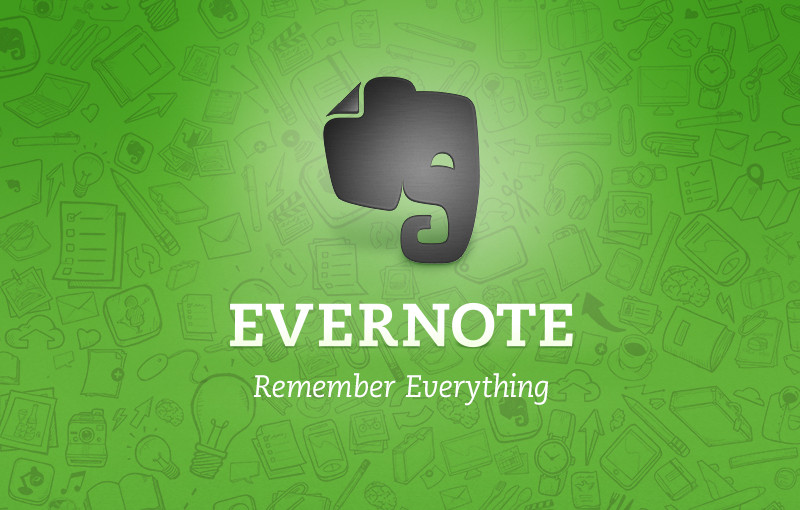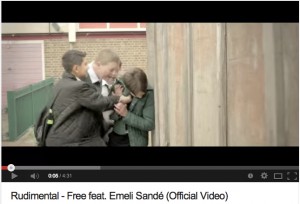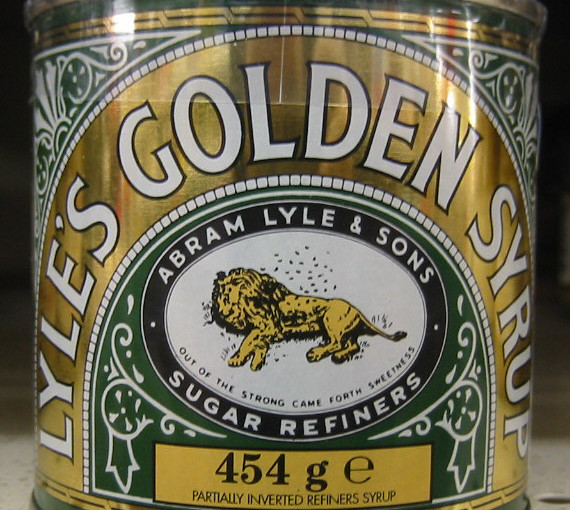Then the LORD said to Moses, “Behold, I am about to rain bread from heaven for you, and the people shall go out and gather a day’s portion every day…
Ex. 16:4
Read Exodus 16:1-36
What is it?
Evernote? Post It? Stickies? Moleskine? iCal appointments? Exchange Diary meetings? Each of these serve the purpose to remind us. We have invented more ways to remember and yet seem more and more prone to forget.
It has been a month since the people of Israel left the Red Sea (the fifteenth day of the second month after they had departed from the land of Egypt. Exodus 16:1). They saw an amazing deliverance. Up to this point in their history as a people group, they had never been so overwhelmed by a miraculous act of grace and redemption.
A month later what is their complaint? God did not want them to be happy. Their belief is that they were happier in the “good old days.” They were happier when they were in Egypt. They may not have been free, but they were fed. Even the very name of Manna or “what is it” implies forgetfulness. They forgot what the lash of Pharaoh really felt like. They forgot the wonder of the Redeemer.
Often times we are just like this, our present predicament supposedly outshines the promises of God.
You know the worst thing in the world is to be forgotten, to have people forget you, to have people forget who you are, to have people forget you were coming.
But this is the image of grace. A God who has been forgotten, suffered the anguish of oblivion still pursues us and desires a relationship with us. That is what sin is, forgetfulness of the saving and sustaining grace of God.
In the midst of our forgetfulness, Christ comes to us. He declares “I am the bread from heaven.”(John 6:41). Hear the savior say, “Though you forget me I will not forget you. I will redeem you. I will sustain you. I will provide for you.” Today remember that God has not just provided for you in some distant past event, but every day he sustains you. The antidote to grumbling is remembrance. The Lord remembers you. Let this transform you.
Is. 49:15
Can a woman forget her nursing child,
that she should have no compassion on the son of her womb?
Even these may forget,
yet I will not forget you.









